University of Antwerp
Faculty of Law – research group Personal Rights and Property Rights
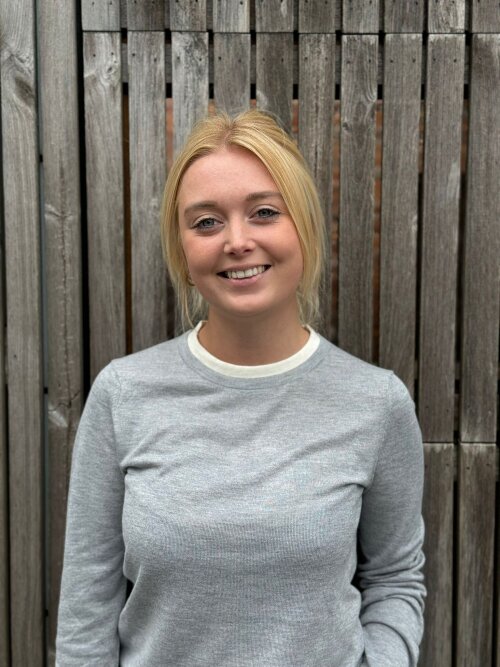
Hanne Dielis
Hanne is a doctoral researcher in health law at the University of Antwerp. During her studies, she focused on euthanasia, with a particular emphasis on Spanish and Belgian legislation. Hanne focuses on the legal aspects of the Death Care Project. The legal challenges in this project are primarily concentrated in five key areas: the protection of the deceased, alternative forms of body disposal, body donation to science, funerals during health crises, and the burial preferences of religious minorities.
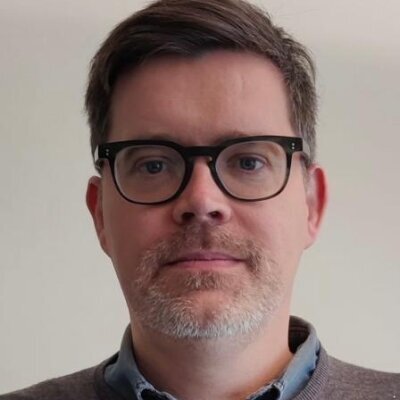
Kristof Van Assche
Kristof Van Assche is a research professor of health law and a professor of philosophy of law at the University of Antwerp. His research focuses on patients’ rights, the legal status of entities situated on the spectrum between person and object (such as embryos, fetuses, and deceased persons), and potentially controversial interventions in healthcare (such as abortion, euthanasia, human experimentation, organ transplantation, and medically assisted reproduction). Within the Death Care project, he, together with Thierry Vansweevelt, serves as the promoter of the legal component, carried out by Hanne Dielis, with the aim of proposing an updated legal framework on the protection and disposal of the dead body.
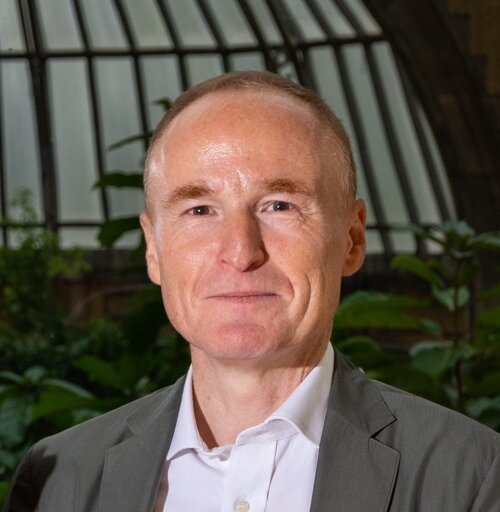
Thierry Vansweevelt
Thierry Vansweevelt is a professor at the University of Antwerp and teaches Tort Law, Insurance Law and Health Law. He is also editor-in-chief of the bilingual Belgian Journal of Health Law. He also chairs the AHLEC Chair of Health Law and Ethics (www.ahlec.be) In the standard work Handbook of Health Law, he wrote a Chapter on the Status of the Corpse. Within the Death Care project, he is, together with Kristof Van Assche, promoter of the legal part, conducted by Hanne Dielis, with the aim of proposing an updated legal framework on the protection and handling of the dead body.
Faculty of Arts – Centre for Ethics
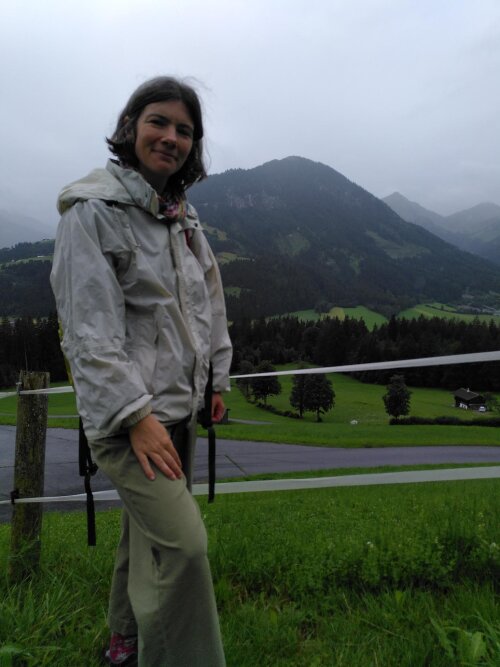
Katrien Schaubroeck
Katrien Schaubroeck is professor in Philosophy at the Centre for Ethics of the University of Antwerp. She is interested in feminist ethics, the philosophy of moral emotions such as love, guilt, regret and grief, and in the philosophy of travel. She is the PI of Death Care, but her research is situated within WP2 as she is particularly interested in the ethical questions of death care such as they arise in the context of green burials and the trade-offs between environmental impact and personal mourning processes. Together with Johan Wens she is the promotor of a special chair on grief literacy ('Maatschappijgerichte Stervenszorg en Rouwkunde').

Kalin Pak
Kalin is a researcher and PhD candidate at the University of Antwerp, in the Department of Philosophy. Her research interests lie at the intersection of moral psychology and feminist meta-philosophy. She is currently examining the ethical dimensions of ecological burial practices through the lens of an ethics of care framework.
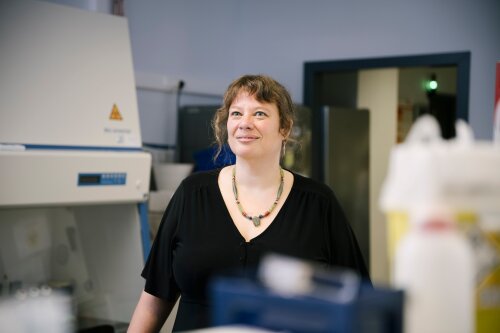
Kristien Hens
Kristien Hens is professor in Bioethics at the department of philosophy of the University of Antwerp. She is interested in concepts of biology and their relevance for normative questions surrounding psychiatry and new technologies of life. In DeathCare, she is associated with WP4, disaster preparedness, but she is also interested in thinking about how other-than-human animals conceive of death.

Emma Moormann
Emma Moormann is a postdoctoral researcher with a background in philosophy and a heart for interdisciplinary research. She is interested in a broad range of topics related to bioethics, and has already worked on themes such as the ethics of epigenetics, parental responsibility, philosophy of disability and neurodiversity theory. Emma is the project manager of Death Care, making sure that both our internal and external communication works well. Additionally, she is involved in WP2, resarching the interactions between environmental justice, care ethics and death.
Faculty of Social Sciences - Centre for Population, Family and Health
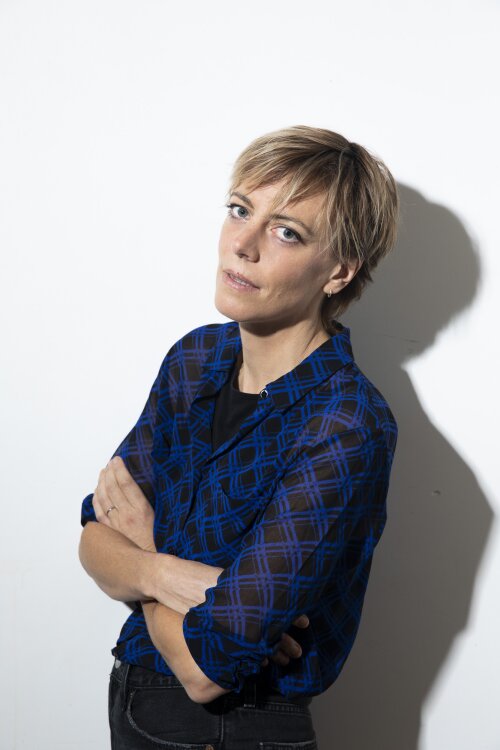
Sarah Van de Velde
SVDV’s research focuses on topics such as mental health, reproductive health, and healthcare use in the context of the Global North and Global South. Several of these studies have applied an intersectional lens, thereby incorporating both ethnicity and religion. She has extensive expertise in quantitative research methods, the collection of survey data in hard-to-reach populations, and conducting qualitative research on sensitive topics (e.g., mental health issues, sexual violence, female genital cutting/mutilation, abortion). She brings in expertise in collecting survey data and qualitative data in hard-to-reach populations, as well as experience in collecting data on culturally sensitive practices in religious and ethnic minority groups.
Faculty of Social Sciences – Centre for Research on Environmental and Social Change
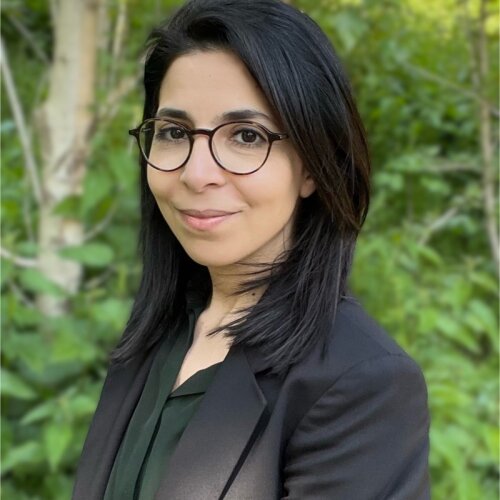
Imane Kostet
Imane Kostet is an FWO postdoctoral researcher at the Department of Sociology at the University of Antwerp. As a cultural sociologist, she is currently focusing on issues related to identity, diversity, autism, and neurodiversity, with a particular emphasis on processes of ‘ethnicization’ of social differences. Within the Death Care project, Imane is involved in the empirical studies on the funeral needs of religious minorities in Belgium.
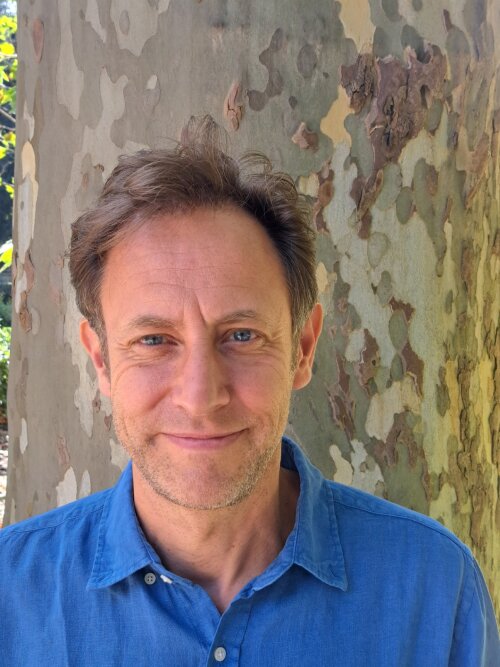
Gert Verschraegen
Gert Verschraegen is Professor of Sociology at the University of Antwerp, Belgium. His research and writing lie primarily in the fields of cultural sociology, social theory, sociology of religion and the sociology of ethnicity and migration. Within the Death Care project, together with Imane Kostet and Sarah Vandevelde, he is the promoter of the sociological research part, conducted by Eva Verschueren, with the aim of investigating the funerary needs of religious minorities in Belgium.
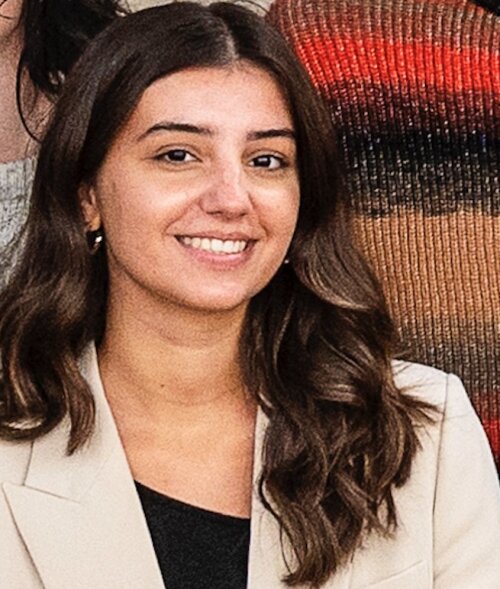
Eva Verschueren
Eva Verschueren is a doctoral researcher in sociology at the University of Antwerp. During her master’s studies, she cultivated a strong focus on cultural and urban sociology, engaging with questions of superdiversity and identity formation. Within the Death Care project, she will investigate the funerary needs of Muslim minority groups in Flanders.
Faculty of Applied Engineering – B.Cycle

Amaryllis Audenaert
Prof. Amaryllis Audenaert conducts research in sustainable construction and energy efficiency, focusing on the circular economy and life cycle analysis of building materials and processes. Within the DeathCare project, she examines the environmental impact and sustainability of funeral infrastructure and processes. Her role includes analyzing energy consumption and materials in the sector, aiming to develop innovative, ecologically responsible solutions.
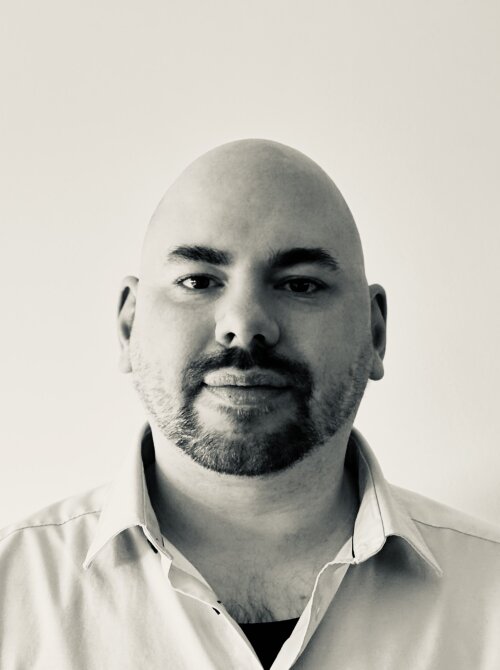
Tyché Perkisas
Tyché Perkisas' field of expertise consists of data management and advanced analytics, data-driven decision-making, system modeling, and experimental data processing. My role within the project will consist of assessment of the environmental impacts of the funeral sector, and comparison of environmental impacts of future technologies and practices.
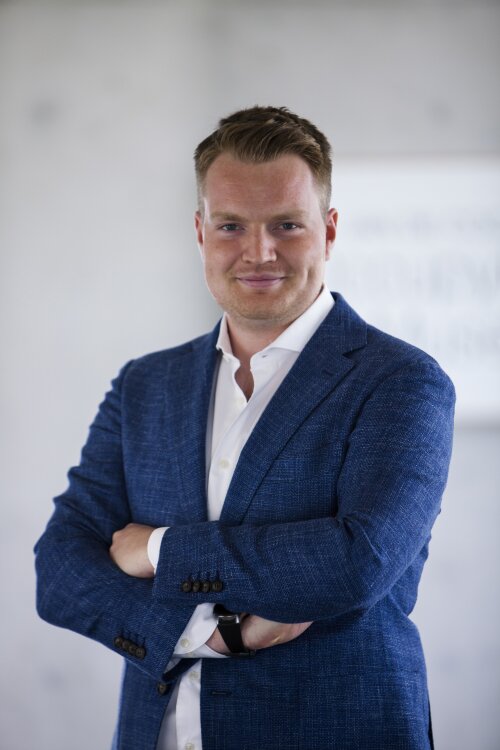
Ben Moins
Ben Moins is a postdoctoral researcher in the EMIB research group and a program manager at B.CYCLE. He specializes in sustainability assessment, focusing on life cycle assessment (LCA), life cycle cost analysis (LCCA), and durability testing to evaluate the environmental, economic, and mechanical performance of new products and processes. In the DeathCare project, he co-supervises the LCA study, which assesses the environmental impacts of the funeral sector and compares the environmental impacts of future technologies and practices.
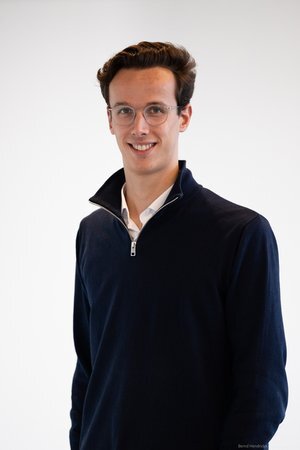
Jonas De Decker
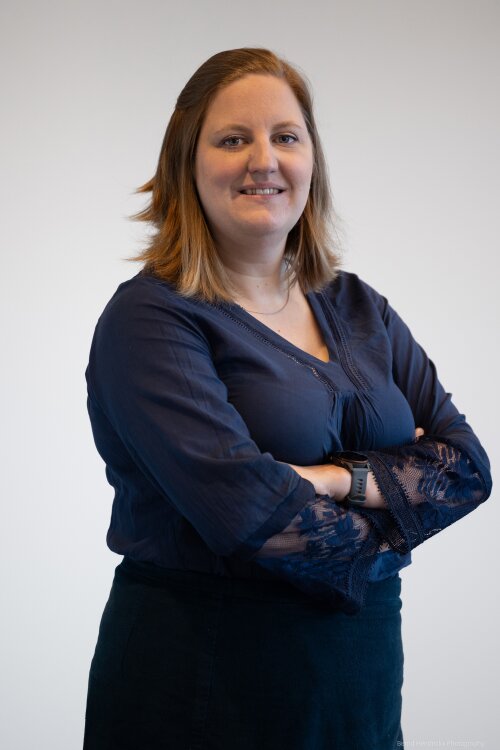
Jasmine Meysman
Jasmine Meysman is a postdoctoral researcher within the EMIB research group and specializes in the economic side of sustainability studies. Within the Death Care project, she is co-responsible for the life cycle cost assessments (LCCA) of the various funeral processes and their associated infrastructure.
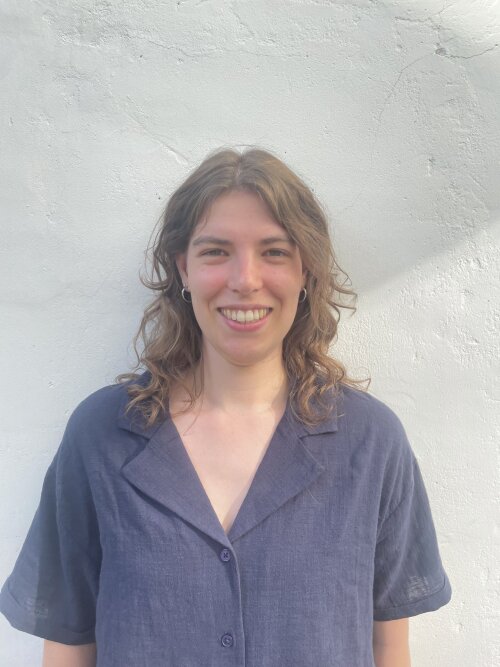
Katrien Michiels
Institute of Environment and Sustainable Development
Jan Cools
Raewyn M. Town
KULeuven
Department of Social and Cultural Anthropology
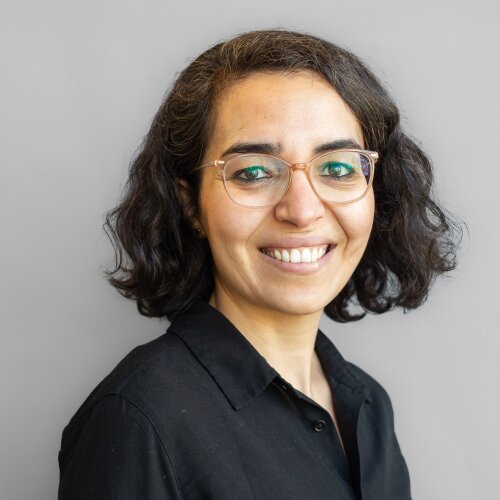
Nadia Fadil
Nadia Fadil works on questions of religion, subjectivity, race and postcoloniality, with a particular focus on Islam in Europe. She investigates this question both through the prism of ethical practices of Muslims as well as through the various public policies around Islam. Within the framework of the Deathcare project, she will be overlooking the ethnographic study of funerary needs of Muslims in Belgium.
Faculty of Theology and Religious Studies
Chaïma Ahaddour
Institute for Tropical Medicine
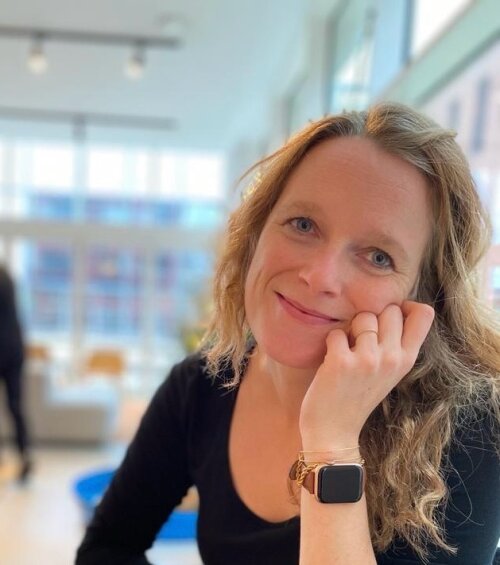
Susan Dierickx
Dr. Susan Dierickx is a medical anthropologist with an expertise in gender. She has over 10 years of experience designing and working in interdisciplinary research projects, particularly in low- and middle-income countries. She is currently a postdoctoral researcher at the Socio-ecological Health Research Unit at the Institute of Tropical Medicine. Susan has received the Paul de Vroede Prize, and the network she co-founded was honored with the Presidential Medal Award from IFFS.
From 2020 to 2022, Susan served as a research professor and coordinator of the Centre of Expertise on Gender, Diversity, and Intersectionality at the Vrije Universiteit Brussel (VUB). She completed a joint PhD in Gender and Diversity at VUB and Ghent University. In her current role, Susan Dierickx will be implementing Work Package 4 of the Death Care project, which focuses on how the funeral sector can be supported during current and future health crises.
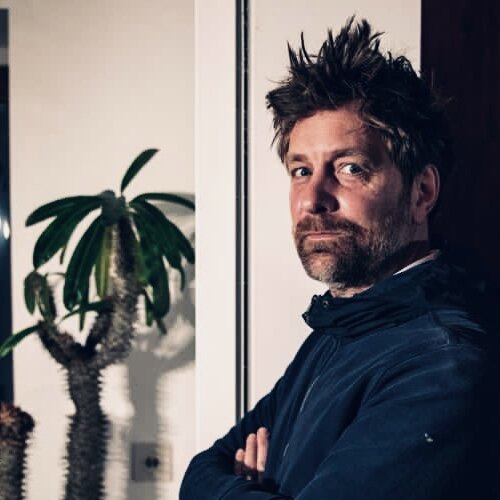
Koen Peeters
Professor Koen Peeters Grietens heads the Socio-ecological Health Research Unit at the Institute of Tropical Medicine in Antwerp. He is senior lecturer at Nagasaki University and is affiliated to the Amsterdam Institute of Social Science Research. He holds a PhD in Social and Cultural Anthropology and has conducted extensive research on sociocultural factors related to infectious disease transmission dynamics, community perceptions on health and illness, and their impact on the effectiveness of disease prevention, control and elimination strategies.
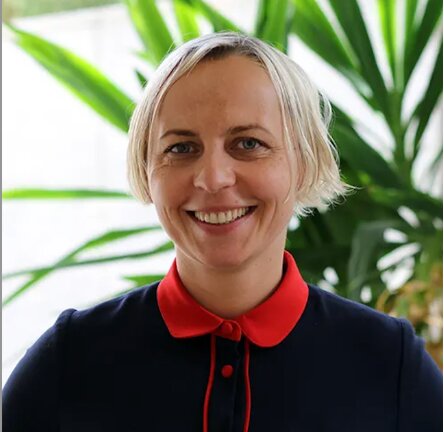
Halina Suwalowska
Halina Suwałowska is a Research Fellow in Global Health Bioethics at the Ethox Centre, University of Oxford. Halina is a sociologist by background. She completed a DPhil in Population Health at the Ethox Centre in 2021. Her doctoral research investigated the ethics and politics of implementing Minimally Invasive Autopsy technology.
Halina's research focuses on the ethical and social challenges surrounding the management of the dead bodies in global health. This includes caring for the dead during infectious disease outbreaks, the challenges faced by frontline staff and 'last responders', and the ethical complexities of handling unidentified bodies. Halina has established methodologically innovative research projects and collaborations at the intersection of ethics, art, and heritage. She is a member of the Oxford-Johns Hopkins Global Infectious Disease Ethics Collaborative (GLIDE), Global Health Bioethics Network (GHBN), and the Epidemic Ethics Network (EE) led by the WHO. Before joining the Ethox Centre, she worked at the Wellcome Trust in London.